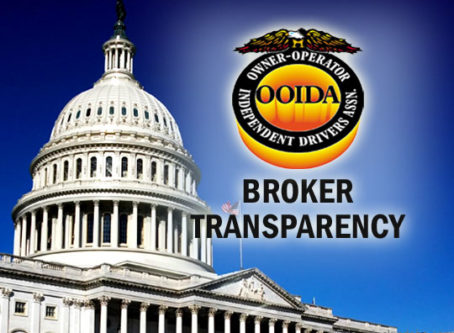Massachusetts bills cover driver privacy, local transportation questions
Two bills under review at the Massachusetts statehouse are intended to protect driver privacy and to permit local governments to pursue transportation funds at the ballot.
The first bill introduced by Sen. Eric Lesser, D-Longmeadow, would protect driver information collected by Massachusetts Turnpike toll gantries.
Installed in 2016, the all-electronic toll gantries capture images of drivers’ licenses plates at various points along the turnpike. Speed and location of vehicles along with data and time stamps are collected at 16 gantries.
Lesser has said the convenience of the gantries “comes at a cost to our personal information, and we need to protect that information.”
His bill would prohibit the state from using data for anything other than toll collection. Additionally, the Massachusetts Department of Transportation would be barred from sharing drivers’ information with other state or federal agencies.
An exception would be made for occasions when law enforcement needs to access tolling data to resolve an emergency situation that could result in death or serious physical injury.
MassDOT regulations specify that tolling data is not permitted for other purposes.
Bill advocates say that is a good first step, but to help ensure that drivers are protected the rule needs to be codified in state law.
The bill, S161, is in the Joint Committee on Consumer Protection and Professional Licensure.
Transportation ballot questions
A second bill from Lesser would provide local communities with a means to raise funds for regional transportation projects. Specifically, S1694 would permit local ballot measures to ask regional voters whether to raise revenue for transportation work.
More than half of all states authorize regional voters to make decisions on transportation funding issues.
Lesser said authorizing ballot initiatives in Massachusetts would allow regions around the state to supplement their state and federal transportation funding dollars with local revenues “to advance their unique regional priorities.”
“Given the age of our infrastructure and the limited amount of state aid allocated to local communities, these ballot initiatives give us a new way to invest in our infrastructure,” Lesser said in prepared remarks.
The bill is in the Joint Committee on Revenue.









